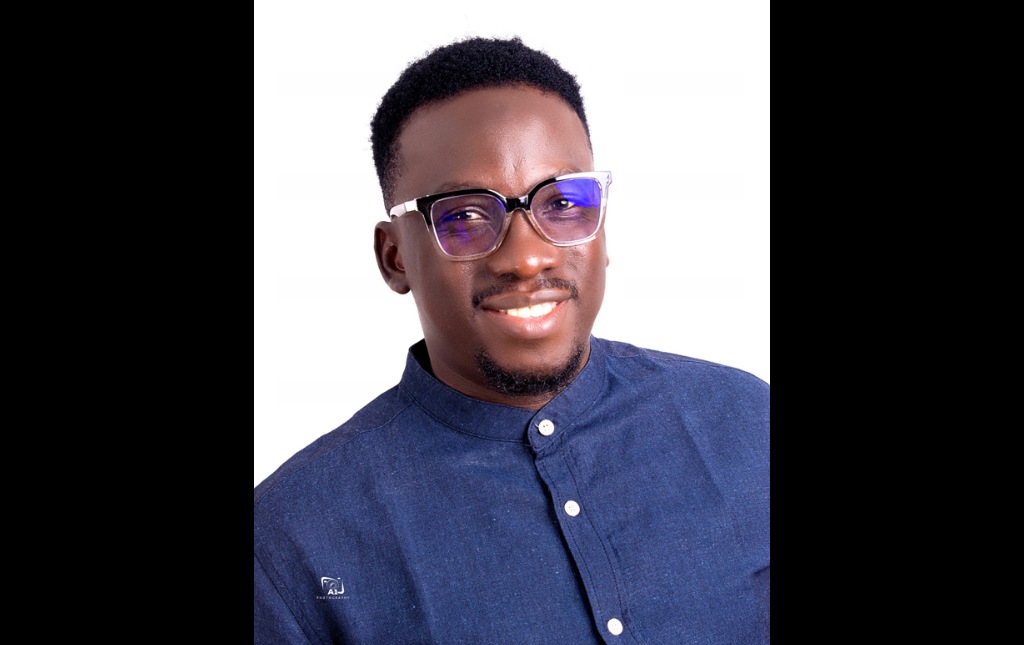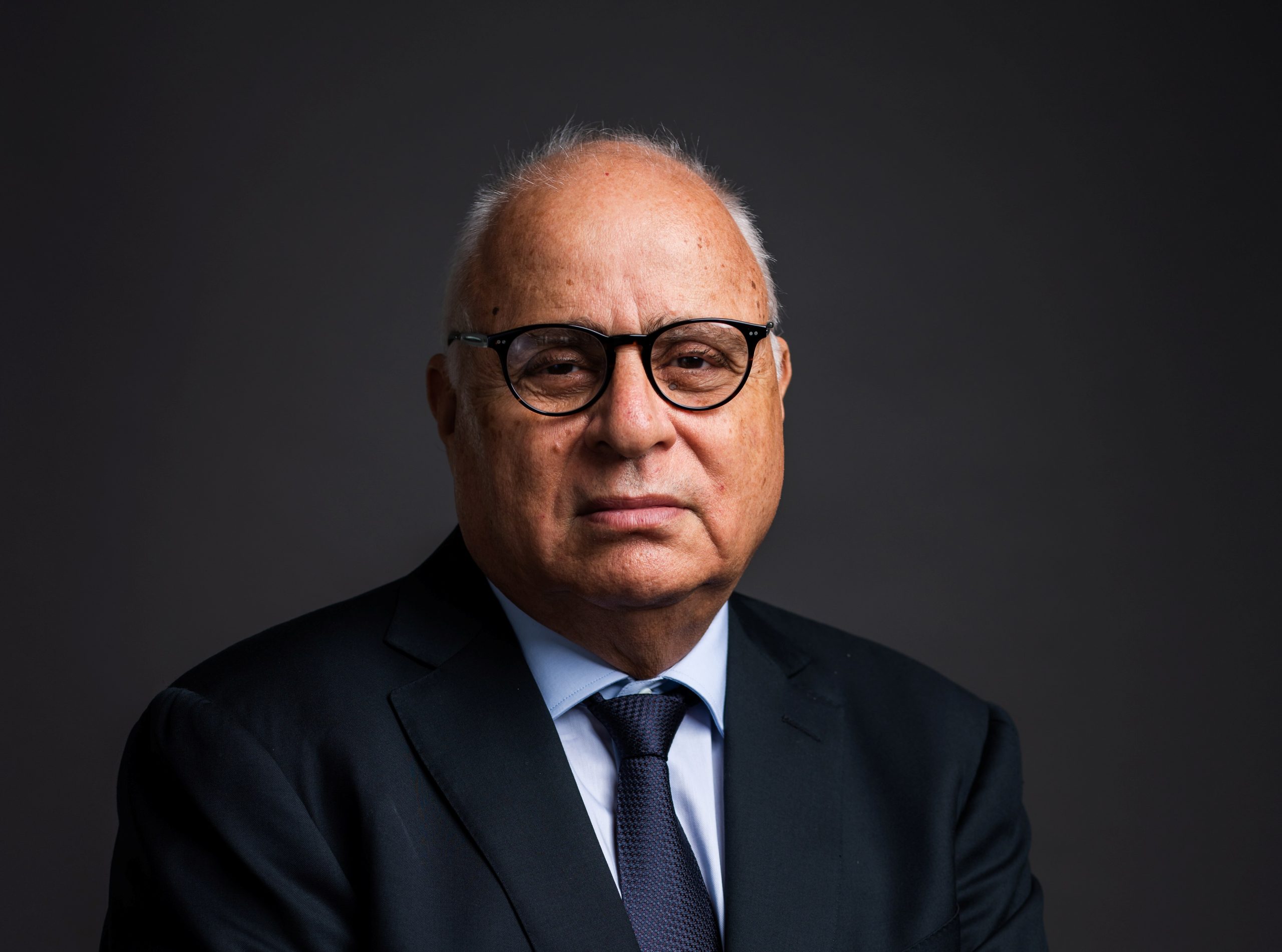With a groundbreaking spirit and a passion for medical excellence, Professor Wasiu Lanre Adeyemo has established himself as a leading figure in oral and maxillofacial surgery, genetics and academic leadership. As the Chief Medical Director of the Lagos University Teaching Hospital (LUTH), he spearheads the hospital’s clinical, administrative, and research initiatives with unwavering dedication and vision. His distinguished career is a hallmark of his commitment to redefining the boundaries of medical excellence.
LUTH’s story began in 1962, when the Federal Government founded it as a parastatal under the Federal Ministry of Health and Social Welfare. Today, as the hospital celebrates its 63rd anniversary, it remains an integral part of Nigeria’s healthcare landscape. Under Professor Adeyemo’s visionary leadership, LUTH continues to thrive as the principal teaching hospital for the University of Lagos, an institution affectionately known as the “University of First Choice and the Nation’s Pride.” This esteemed hospital offers clinical training in a range of disciplines, from Medicine and Dentistry to Nursing and Medical Laboratory Science, providing a comprehensive educational experience for its students.
Beyond training students from the University of Lagos, Prof. Adeyemo noted that LUTH also runs its own institutions domiciled within the hospital. “We currently have about eight schools, including the School of Health Information Management, the School of Medical and Psychiatry Social Work, the School of Midwifery, the School of Nursing, the School of Post-Basic Nursing, the Anaesthetic Technicians’ School, the School of Community Health, and the Federal School of Biomedical Engineering. On average, we graduate about 500 students every year. For 63 years, Lagos State University Teaching Hospital has been making its mark, contributing significantly to the growth and development of our nation,” he enthused.
Commenting on what sets LUTH apart from other institutions, the Chief Medical Director explained that the hospital, situated in Nigeria’s most populous city and the nation’s Center of Excellence, offers an unparalleled range of specialties. “I don’t think there is any area of specialty in Nigeria that is not available here in LUTH,” he remarked.
He highlighted the hospital’s world-class Cancer Centre, which he described as the best and most well-equipped in not just Nigeria, but the entire West African subregion. Established on February 19, 2019, and commissioned by the former President, the late Muhammadu Buhari, the Centre has since attended to nearly 15,000 patients.
According to him, the Cancer Centre was designed as a proof-of-concept project, a model never before attempted in Nigeria, structured as a public-private partnership with the Nigerian Sovereign Investment Authority (NSIA). At the time of its inception, there was not a single functional cancer treatment machine in the country.
The Federal Government invested significantly in the project, uncertain of its success. “Today, it is working perfectly well, with a downtime of less than 5 percent, which is extremely rare for a public institution,” he noted.
Prof. Adeyemo further explained that the success of the LUTH Cancer Centre has influenced government policy, with the Federal Government, under the leadership of President Bola Ahmed Tinubu, adopting the same model across all six geopolitical zones. LUTH itself is now expanding to include a Nuclear Medicine Centre, positioning the hospital as the national hub for nuclear medicine. He added that six additional Cancer Centres are being established across the country to ease the burden on LUTH. Of these, three have already been commissioned within the last month: one at the University of Benin Teaching Hospital (UBTH), another at the Federal Teaching Hospital, Katsina, and a third at the University of Nigeria Teaching Hospital (UNTH), Enugu. The remaining three are expected to be inaugurated before the end of this year or early next year. “This is part of the Federal Government’s commitment to reducing the pressure on LUTH while ensuring equitable access to cancer care across the nation,” he affirmed.
Beyond oncology, LUTH also boasts the most advanced physiotherapy center in West Africa, recently commissioned by the Governor of Lagos State. The facility, a generous donation from the family of Wole Olanipekun (SAN), underscores LUTH’s commitment to providing world-class healthcare services.
On the issue of funding, Prof. Adeyemo, a Fellow of the National Postgraduate Medical College of Nigeria (FMCDS), the West African College of Surgeons (FWACS), and the International College of Surgeons (FICS), affirmed that LUTH remains a Federal Government establishment. According to him, the government pays staff salaries and, in the past three to four years, has provided significant funding to upgrade the hospital’s facilities. “The hospital is 63 years old, and the government has given us a lot of money to renovate many of our facilities,” he explained.
He highlighted that several wards are currently undergoing renovation, while new projects are also underway. Among them is a dedicated Geriatric Center, designed to meet the needs of Nigeria’s aging population.
“The quality of life, despite what people say, is improving in Nigeria. Forty years ago, very few people lived beyond 50 or 60 years, but today, we have increasing numbers of people reaching 65, 70, 80, and even above. Particularly in Lagos State, we now have a significant aged population that requires specialized care, and that is why the government has given us funding to build a geriatric center. It is a specialty on its own in medicine,” he noted.
The resourceful CMD further disclosed that construction is ongoing for a new Outpatient Center. “In every hospital, you have outpatients and inpatients. Outpatients are those who come to the clinic, receive treatment, and go home, while inpatients are admitted for further care. The Federal Government funded this new outpatient center, which will house about 256 consulting rooms across different specialties, surgery, medicine, dentistry, pharmacy, and more. It will probably be the largest in Nigeria,” he said.
Beyond government support, Prof. Adeyemo acknowledged the contributions of individuals and corporate organizations to the hospital’s development. He also emphasized LUTH’s pioneering role in energy independence. “This hospital prides itself as the first to have its own independent power supply. We enjoyed it for about seven years until last year, when we had to disconnect due to mounting debts. Despite this, we planned ahead by investing in solar energy. Today, the hospital is covered with multiple solar installations, 40 kilowatts here, 50 there, 60 here, 20 there, and 50 KVA in other places ensuring 24-hour electricity across the entire hospital. Our wards, medical, surgical, obstetrics and gynecology, and pediatrics, each with 120 beds, are fully powered. In LUTH, there can never be darkness. Even when the national grid goes down, our facilities remain lit,” he concluded.
He emphasized that LUTH prides itself as the only teaching hospital currently performing Bone Marrow Transplants, having successfully carried out three procedures so far. “The first two were done in September last year, another was performed about two months ago, and we are planning an additional three to five transplants in September and October,” he revealed. The initiative is in collaboration with the Sickle Cell Foundation, with support from the Lagos State Government, as well as a partnership with Vanderbilt University in the United States. He noted that extensive training has been provided for doctors, nurses, and other support staff, making LUTH a growing hub for bone marrow transplant services. “Bone marrow transplant is the only known cure for sickle cell disease,” he stressed.
In addition, the hospital has earned recognition for its neurosurgery capabilities. With a team of three neurosurgeons, LUTH conducts highly complex procedures that meet global standards. “Any neurosurgical procedure that can be done anywhere in the world can be done here,” Prof. Adeyemo affirmed. He further highlighted LUTH’s strong culture of training and collaboration. Staff receive continuous professional development, while the hospital fosters healthy relationships with its unions and associations. “As management, we operate an open-door policy. Anyone can approach us, we explain what we can afford and what we cannot,” he explained.
On the challenges facing the hospital, Professor Adeyemo pinpointed personnel shortages as a critical issue, surpassed only by the power supply conundrum. “The brain drain is largely driven by economic factors,” he noted. “We’ve seen this before in the late 80s and early 90s, and government intervention in the form of salary increases stemmed the tide. I’m optimistic that the government will take steps to reverse the current trend, lest we invest heavily in infrastructure only to find ourselves without the skilled workforce to operate them.”
Solution-driven and visionary, he identified two pressing challenges that require government increased support: power and personnel. “The Federal Government’s incremental approach to addressing the power crisis is evident, and it’s crucial because our operations rely heavily on it,” he said. Regarding personnel, he noted that migration is an inherent human trait that can’t be entirely stemmed. “Even in ancient times, humans have always been on the move. The real challenge is creating an environment that makes people want to stay,” he emphasized, highlighting the need for the government to make the country more attractive to retain its skilled workforce.
According to him, the Federal Government has adopted a practical philosophy to address the challenge of brain drain in healthcare. “If you cannot stop people from moving out, then you must increase production. For example, if you train 200 professionals and 100 leave, you are left with only 100. But if you train 400 and 100 leave, you still have 300. That is the approach the government has embraced, and they have asked us to key into it,” he noted.
He revealed that LUTH has already begun to implement this directive. “Here in LUTH, we are expanding our training capacity. Across our eight schools, we are increasing admissions and training more healthcare professionals to ensure that even if some move abroad, enough will remain to strengthen our system,” he added.






